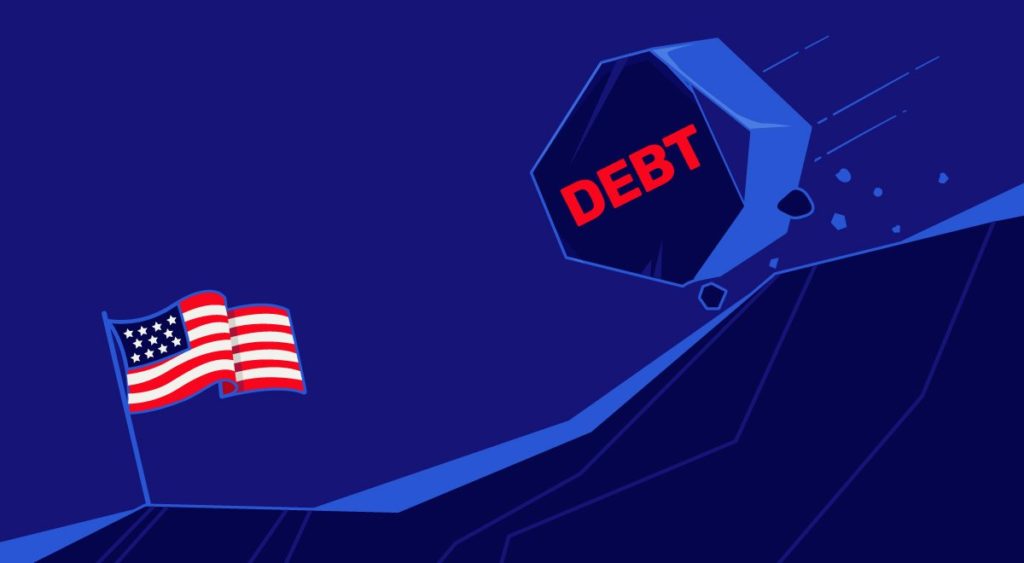The more money you have, the easier it is to make money or hold onto what you have. It means you can invest or avoid taking out loans. When you don’t have enough money, you end up owing even more money because you get hit with late fees, have to take out loans with high-interest rates, or you may have to use your credit cards to pay for necessities. Some banks will even charge you if your account dips under $100! Don’t have enough money in your account? You’re going to have to pay more. Military veterans are no different; they can become saddled with debt just like everyone else. However, they may have more options for veteran debt relief.
Programs for Veterans
If you’re one of the proud people who served your country, you have an array of options readily available.
1. The Servicemembers Civil Relief Act
This act provides state income tax relief by protecting military personnel from being taxed in multiple states. The act also limits the amount of interest military members can be charged on certain loans obtained before active duty military service to 6%, including loans taken out with a spouse. In fact, the lender must reimburse the member for any amount charged over 6% from the date the service began to a year after it ended. There are also certain protections against foreclosures and repossessions. More information on this kind of veteran debt relief can be found on the DOJ website.
2. VA Housing Assistance
VA housing assistance isn’t just for helping veterans and active military members buy a new home; it can also help you refinance and keep your current home.
Additionally, if you have a VA home loan, you’re eligible for a Military Debt Consolidation Loan (MDCL). It works the same as any other debt consolidation loan that uses your home’s equity to secure a loan that gives you one monthly loan payment, but because it’s guaranteed by the VA, you’ll likely be able to get more favorable terms than with a regular debt consolidation loan.
3. Student Loan Discharge
If you’re a permanently disabled veteran and received a total and permanent discharge, and you have federal student loans, you may be able to have them discharged. If you have a William D. Ford Federal Direct Loan (Direct Loan) Program loan, a Federal Family Education Loan (FFEL) Program loan, and/or a Federal Perkins Loan, or need to complete a TEACH Grant service obligation, you may be relieved of those obligations. StudentAid.gov can explain how to qualify.
Debt Relief Options for Everyone
Regardless of whether you’re a military veteran, when it comes to paying your debt, options do exist.
Pay Down the Debt Yourself
Typically, this requires a long-term plan; and, depending upon your level of debt, can be done with strict budgeting and dedication.
Balance Transfer
When credit cards offer 0% interest on balance transfers for an introductory period, it can be a good way to pay down your debt quicker. However, keep in mind that there’s usually a 3-5% initial fee on the amount transferred, and it needs to be paid off before the period is over when the interest rate goes up. If not paid off by the end of the intro period, you may even face retroactive interest charges.
Bankruptcy
Filing for bankruptcy can wipe out your debt (Chapter 7) or give you a payment plan for a lower payoff, but you risk losing your stuff, and it can decimate your credit for years.
Consolidation Loan
A consolidation loan can put your debt into one monthly payment that’s easier to handle. If you have equity in your home, you may be able to use that for a lower interest rate.
Debt Settlement
A debt settlement company negotiates with your creditors for lower payoffs, and many use it in conjunction with a debt consolidation loan.
Additional Resources
If your financial situation is dire, don’t give up! Veteran debt relief options are available to help get you back on your feet.
- The American Legion raises money to help veterans in need with money for food and shelter and other necessities.
- MilitaryOneSource is an organization developed by the DOD that’s a one-stop source for help in dealing with all aspects of military life, including financial counseling.
- USA Cares is aimed at keeping post-9/11 families in their homes. It helps with financial counseling as well as grants to help avoid foreclosure and offer support for the unemployed.
- Operation First Response provides aid to wounded or disabled veterans who may be facing foreclosure, utility shut-offs, etc.
- The Coalition to Salute American Heroes also helps disabled vets facing financial emergencies and helps with caregiver support.
You didn’t get into debt overnight; getting out of debt takes time, too. Weighing your different options to figure out what works for you will bring you the best chance of success in eliminating your debt.





